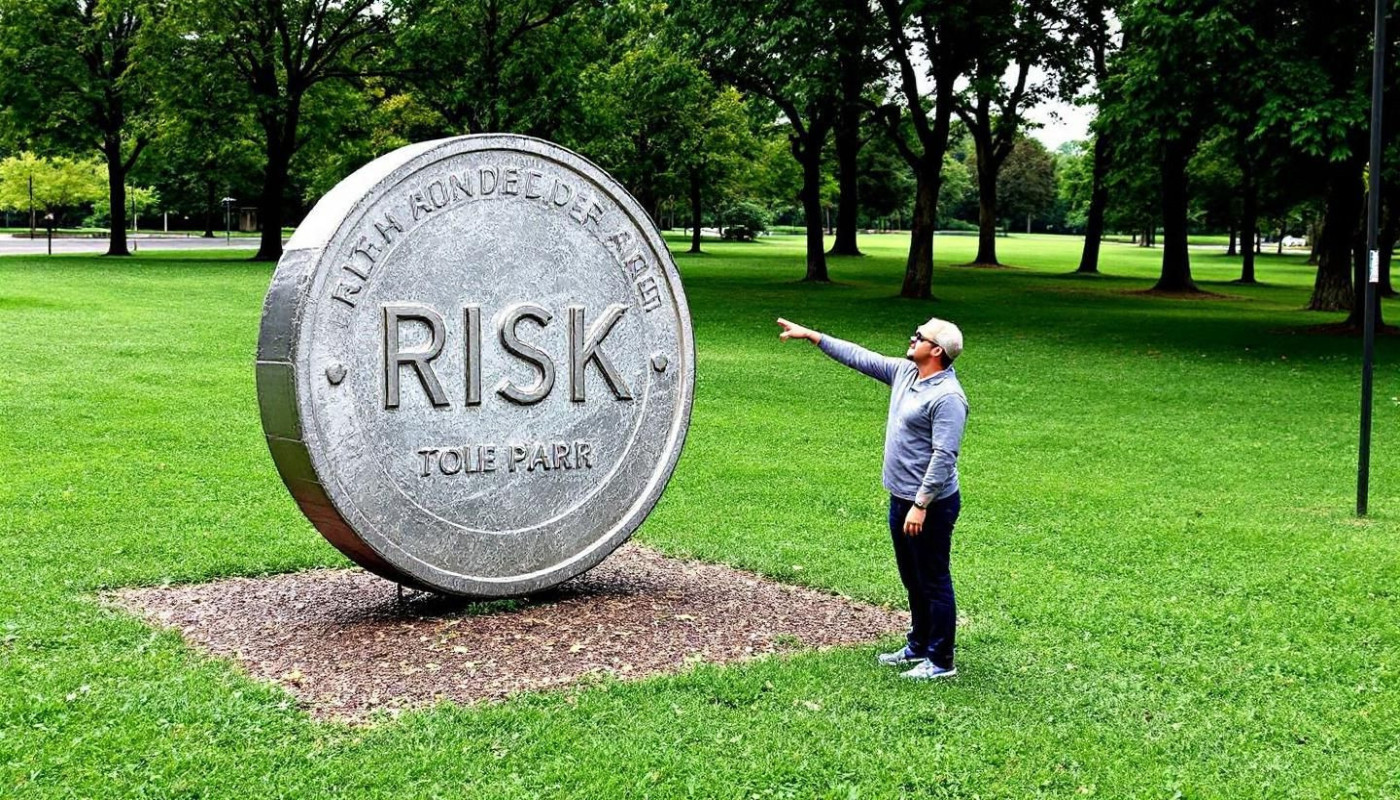Table of contents
Embarking on a journey to Japan, a land steeped in tradition and modern marvels, can be a thrilling endeavor for the first-time traveler. With its unique blend of ancient culture and cutting-edge technology, Japan offers an array of experiences that are both enchanting and overwhelming. This article is designed to unravel the mysteries of traveling to this fascinating country, providing indispensable guidance to ensure a journey that is as smooth as it is memorable. Read on to discover expert tips that will prepare you for the adventure of a lifetime in the Land of the Rising Sun.
Understanding Cultural Etiquette
Navigating the intricacies of Japanese etiquette is vital for any traveler wishing to show respect and avoid common faux pas. It's vital to become acquainted with the cultural customs that define the Japanese way of life. Greetings in Japan often involve a bow, with the depth and duration of the bow increasing with the level of respect being shown. As a respectful traveler, remember that firm handshakes are not as customary in Japan as they are in many Western countries.
Public behavior in Japan is governed by unspoken rules that maintain harmony and respect. For instance, speaking loudly on cell phones, especially in public transportation, is considered rude. In the realm of dining etiquette, a few key practices can go a long way; these include saying "itadakimasu" before eating and "gochisousama deshita" after finishing a meal as a sign of gratitude. Learning how to properly use chopsticks – not sticking them upright in a bowl of rice or passing food directly from one pair of chopsticks to another – is also part of being a considerate diner.
To ensure authenticity and accuracy, an experienced cultural advisor or local expert with extensive knowledge of Japanese manners should craft this section. Such expertise would also allow for an exploration of the concept of "omotenashi," the technical term that embodies the spirit of Japanese hospitality. This deep-rooted tradition emphasizes the importance of anticipating guests' needs and providing service that goes beyond expectations, ensuring a visit that is as seamless as it is memorable.
Mastering Transportation in Japan
Japan's transportation system is as efficient as it is intricate, posing both an exciting adventure and a potential challenge for first-time travelers. Navigating Japan's extensive train network is fundamental in ensuring a smooth journey across the country. When it comes to ticket purchasing, machines and ticket counters are available at all stations. Travelers should familiarize themselves with the options, which range from single-journey tickets to prepaid rechargeable smart cards.
A significant aspect to consider is the Japan Rail Pass, a cost-effective ticket that offers unlimited travel on most trains operated by Japan Railways Group, including shinkansen (bullet trains). This pass must be purchased before arriving in Japan, so planning is key. Understanding and choosing the right rail pass can save both time and money. Additionally, in the realm of public transportation, respecting transportation etiquette is paramount. This includes queuing in marked lines when boarding trains, speaking quietly during transit, and giving up seats to those in need.
For those looking to delve deeper into the nuances of traveling through Japan, this great post to read offers a wealth of information. It is curated by seasoned travel planners and transportation specialists who provide invaluable insights to ensure that visitors can confidently and effortlessly experience the country's world-class transit system.
Maximizing Your Budget
Embarking on a journey to Japan does not have to strain your finances, as there are numerous strategies to ensure your adventure remains within a modest budget. Opting for affordable accommodations such as guest houses, hostels, or capsule hotels can substantially reduce lodging costs while still providing comfort and convenience. Eating like a local is a savory way to enjoy inexpensive dining; explore street food, conveyor belt sushi, and bento boxes from convenience stores, all of which offer a taste of authentic Japanese cuisine without the hefty price tag. Shopping in Japan can also cater to budget-conscious travelers; seek out 100-yen shops for souvenirs and essentials, and take advantage of tax-free shopping available to tourists. Moreover, cost-saving tips include purchasing a Japan Rail Pass for extensive travel, using municipally-operated subways and buses, and exploring the plethora of free attractions that Japan has to offer. By prioritizing experiences and adopting these budget travel practices, your trip to Japan can be both economically viable and rich in cultural discovery.
Embracing Japanese Food Culture
Diving into the world of Japanese cuisine offers an array of flavors and experiences that are sure to captivate any traveler's palate. Japan's food scene is incredibly varied, from the sushi counters of Tokyo to the hearty street foods of Osaka. As a visitor, one must indulge in traditional dishes such as sushi, ramen, tempura, and, for the particularly daring, fugu - the infamous pufferfish delicacy. As you navigate through local eateries, it's beneficial to understand restaurant etiquette to fully appreciate the culinary culture. For instance, it is customary to say 'itadakimasu' before eating to express gratitude for the meal. Additionally, when dining in Japan, be prepared to witness the immaculate presentation of dishes, as much emphasis is placed on the visual appeal of food as on the taste.
For those with an adventurous spirit, venturing into izakayas (Japanese pubs) or local markets can reveal lesser-known but equally delectable treats. Sampling regional specialties and seasonal offerings provides an authentic taste of local life. Embracing Japanese food culture also involves an appreciation for the meticulousness of preparation, from the selection of the freshest ingredients to the precise cooking techniques. With these insights, your culinary journey through Japan will be as rich and fulfilling as the cuisine itself. Remember to explore, taste, and respect the traditions that make Japanese gastronomy a true culinary art form.
Staying Connected and Safe
If you're planning to navigate Japan for the first time, it's vital to consider how you will maintain mobile connectivity during your travels. One way to stay connected is to rent a pocket Wi-Fi device upon arrival or to purchase a local SIM card, assuming your phone is unlocked. This will allow you to access maps, public transportation schedules, and essential travel resources, ensuring you can communicate and find your way around. As an alternative, visitors can also take advantage of Japan's extensive network of Wi-Fi hotspots.
When it comes to travel safety, Japan is generally a safe country with low crime rates. Yet, in crowded areas, such as Tokyo's Shibuya Crossing or popular tourist attractions, it's necessary to be aware of your surroundings and safeguard your belongings. Pickpocketing, though less common than in other countries, can still happen. A measure as simple as keeping your wallet in a secure, zipped pocket can make a difference. Additionally, understanding the local customs and etiquette will go a long way in fostering respectful and secure interactions.
Regarding your health tips, Japan's different climate zones can impact your well-being, so dressing appropriately for the weather is key. Always stay hydrated, especially during Japan's hot and humid summers, and be mindful of any dietary restrictions you may have when trying new cuisine. Pharmacies are well-stocked, but it's advisable to bring a basic first-aid kit and any necessary prescriptions with you.
In the event of an emergency, know how to contact emergency services. The number for the police is 110, while the number for an ambulance or fire services is 119. Consider having these numbers and the address of your accommodations written in Japanese to facilitate communication if needed. A reputable travel safety consultant or telecommunications specialist with knowledge of Japan's systems should provide this information to ensure that your stay is not only enjoyable but also safe and well-connected.
Similar

Tips For Choosing The Best Welcome Bonuses In Online Gaming

Improving Player Retention Strategies In Online Casinos

Exploring The Drawbacks Of Playing At Non-Local Casinos

Exploring The Appeal Of International Gaming Sites For UK Players

Understanding The Risk Versus Reward In Quick Cash-out Games

Exploring The Benefits Of Online Lottery: How It Changes Lives

The Psychological Benefits Of Viewing Gambling As Entertainment

Exploring The Latest Trends In Sustainable Fashion And Lifestyle

Exploring The Thrills Of Road Crossing Games With High Stakes

Effective Budget Management Strategies For Casino Games

Frequently Asked Questions About The Newest Casino Gaming Sensation

Step-by-Step Process To Participate In Virtual Chicken Games

Exploring The Popularity Of Online Casino Games In Turkey

Key Objectives Of Popular Online Arcade Games

How Advanced Virtual Reality Is Transforming Interactive Gaming And Betting Platforms

Exploring The Advantages And Drawbacks Of Online Casino Apps

Exploring Innovative Approaches To Modern Online Gaming Experiences

Exploring The Thrill Of New Casino Minigames: Strategies And Tips

A Comprehensive Guide To Navigating Online Casino Security Features

Exploring The Benefits Of Specialized Search Platforms For Entertainment Options

Understanding Slot Machine Volatility And RTP For Better Gameplay

Exploring The Popularity Of Trending Online Money Games

Exploring The World Of Anime-Themed Online Casinos: Games And Bonuses

What To Know About Bonuses And Promotions In Online Gambling

The Impact Of Australian Culture On Online Gambling Habits

How To Maximize Your Bonuses When Playing Online Slots

How To Spot Fair Play Certifications On Online Gaming Sites

Exploring The Rise Of Low Deposit Casinos In 2024

The Evolution Of Card Games: A Historical Perspective

Forecasting The Titans Of 2023: Predicting The Top Game Development Companies And Their Winning Strategies

The Evolution Of Card Games In Online Casinos

Understanding The Odds: Which Casino Games Offer The Best Chance Of Winning?

Exploring The Thrill Of Live Dealer Games In Online Casinos

Exploring The Popularity Surge Of Virtual Board Game Adaptations In Online Casinos

Maximizing Your Welcome Bonus: Essential Tips for Newcomers

